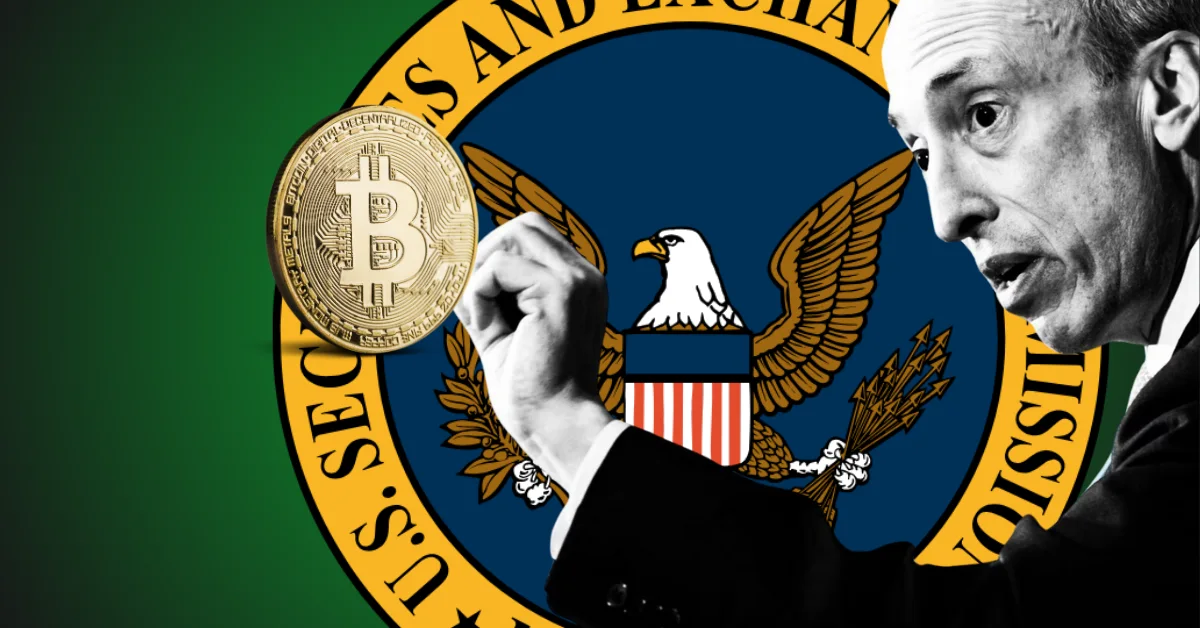At the WEF’s Annual Meeting of the New Champions in China, Professor Eswar Prasad, author of “The Future of Money: How the Digital Revolution Is Transforming Currencies and Finance,” had an interesting perspective on cryptocurrency’s role in the global financial economy.
He discussed the positive aspects, such as the low-cost transfer of money and value facilitated by this technology’s infrastructure. It offers individuals new opportunities.
However, it’s crucial to consider the potential risk of centralization that this disruptive technology might unintentionally bring about, as pointed out by the Cornell University Professor of Trade Policy.
The traditional financial system has long been criticized for its centralization. However, even in the world of cryptocurrencies, we see centralized operations by exchanges like Binance and asset issuers like Circle’s USDC stablecoin.
It is worth noting that centralization may not necessarily be beneficial, especially when it falls outside the jurisdiction of central banks and governments, as is the case today.
Another concern raised is the regulation of these assets. Given that each country and region has its own approach to money and cryptocurrencies, integrating the various policies created by different governments will undoubtedly play a significant role in the implementation of cryptocurrencies.
How will governments and users worldwide handle regulations for crypto assets that are created on a “neutral” basis?
The professor also discussed measuring and considering spillover effects in the crypto industry and their impact on traditional finance.
As an example, he mentioned the collapse of FTX, which caused significant losses in the crypto market but seemed to have no effect on the traditional financial market. “Regulators are increasingly concerned about the spillover risks.”
The author raises another important concern: the protection of investors. According to him, “Investor protection issues have not been adequately addressed.”
Prasad suggests that although this is related to regulation, it is necessary to distinguish the benefits of the underlying technology of crypto from the cryptocurrencies themselves.
He warns that while attempting to introduce regulations to govern and oversee the industry, these regulations could become a new obstacle, “leaving us with exactly all of the points of failure that we have in traditional financial markets.”
Read also;
Will the US dollar remain king, as more digital currencies emerge?
Credit: Source link














































